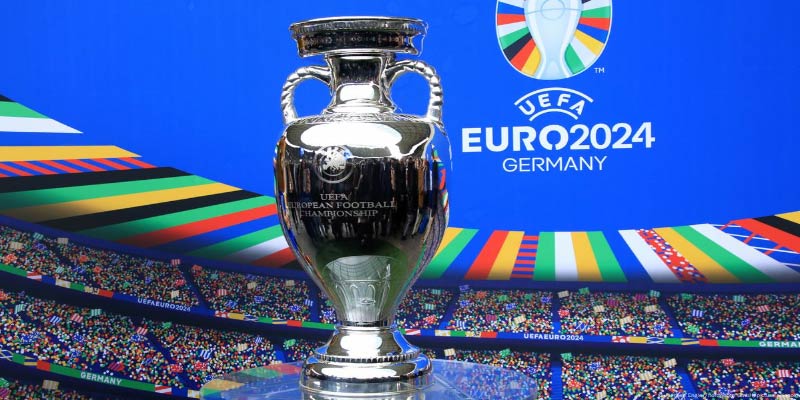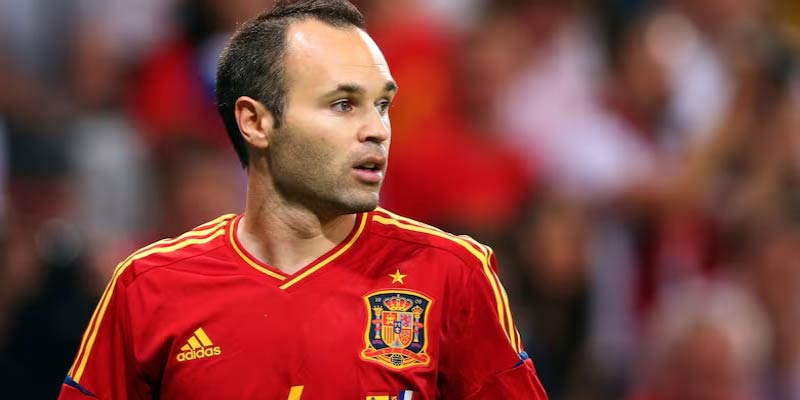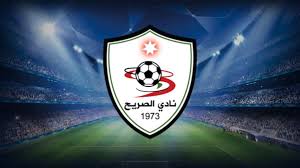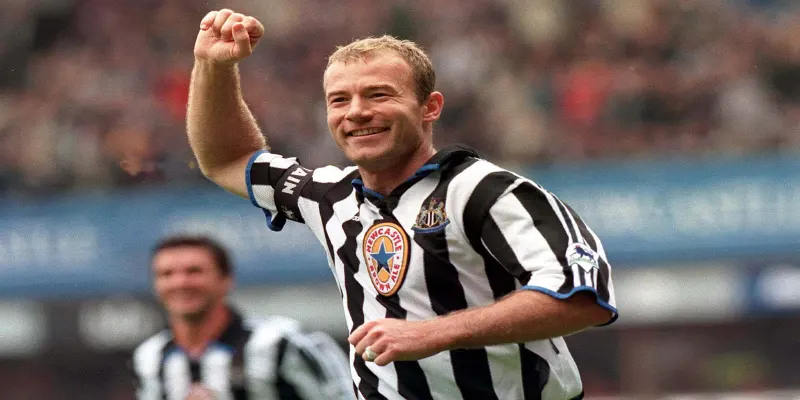The UEFA European Championship is one of the most prestigious tournaments in international football, bringing together the best teams from across Europe to compete for glory every four years. This biennial championship not only showcases elite footballing talent but also represents the culmination of national pride, rivalries, and unforgettable moments that resonate with fans and players alike. Understanding the UEFA European Championship requires us to delve into its rich history, the significance it holds, the memorable players it has produced, and the influence it has on the future of European football.
History of the UEFA European Championship
The history of the UEFA European Championship dates back to the mid-20th century, a period when football was rapidly evolving and gaining popularity across the continent. The inaugural tournament took place in France in 1960, with a vision to unite European nations through a common love for the beautiful game.
The tournament was initially called the European Nations Cup and was organized by UEFA (Union of European Football Associations), which saw the potential for an international competition to rival the FIFA World Cup. Since then, the competition has transformed significantly, both in format and prestige.
The Birth of the Tournament
The first edition of the tournament in 1960 featured just four teams competing in a knockout format, with the Soviet Union claiming victory against Yugoslavia in the final.
This early success proved that there was a hunger for more international football in Europe, setting the stage for a more comprehensive and prestigious event in subsequent years. A significant aspect of the championship’s inception was its ability to bring nations together, emphasizing unity through sport, at a time when Europe was still dealing with the aftereffects of World War II.
Evolution Through the Decades
The UEFA European Championship has undergone multiple changes since its inception, with the number of participating teams and the tournament structure evolving with each edition. By the end of the 1970s, the competition had expanded to eight teams, allowing for a broader representation of national teams across Europe.
The 1980 tournament, hosted by Italy, introduced a group stage phase, which remains a staple of the championship today. This format change not only increased participation but also provided fans with a more thrilling tournament experience, filled with drama, suspense, and unexpected results.
The 1996 edition marked another significant move for the tournament, as it was held in England and saw the introduction of the knockout stage immediately following the group phase, culminating in the current format most fans recognize.
Growth in Popularity
As European football flourished during the late 20th century, so too did the UEFA European Championship. The influx of televised coverage, sponsorship deals, and the emergence of new footballing nations helped the tournament to solidify its reputation as one of the premier competitions in world football.
With each new tournament, the stakes grew higher, and the emotional investment of players and fans alike became more profound. Legendary teams, unforgettable matches, or iconic players who shaped the very essence of the game emerged from the tournament, further embedding the championship in the hearts of football enthusiasts.
Notable Moments in UEFA European Championship
Throughout its history, the UEFA European Championship has seen an array of unforgettable moments that have gone down in football folklore. From last-minute goals to epic upsets, these instances have shaped the narrative of each tournament, leaving lasting impressions on fans and igniting the passions of generations.
Iconic Matches
Some of the most famous matches in the championship’s history have delivered astonishing drama, shifting the balance of power in European football. One such match occurred in 2004 when Greece, the underdog, captured the imagination of football fans by defeating Portugal in the final.
With a defensive strategy and impeccable execution, Greece not only claimed the championship but also exemplified the unpredictability of football, changing the sport’s landscape and challenging the notion that only elite teams could ever emerge victorious.
Similarly, the 2000 final saw a nail-biting encounter between France and Italy, culminating in a golden goal from David Trezeguet that gave France its second championship title. Such matches don’t just signify the results on the pitch but foster emotions and connections that fans cherish for life.
Last-Minute Drama
The essence of football often lies in its dramatic moments, and the UEFA European Championship has been privy to more than its fair share of late-game heroics. One of the most memorable events unfolded during the 1996 tournament when England faced Germany in the semi-finals.
In a gripping penalty shootout, England’s hopes were dashed as their dreams of lifting the trophy on home soil evaporated. The unexpected turns of such matches often leave deep emotional scars but also create lasting memories that provide audiences with heart-pounding excitement.
Historic Individual Performances
The tournament has increasingly seen individual players stepping into the limelight, delivering performances that are etched in history. Consider the talents of players like Michel Platini in the 1984 tournament, whose remarkable scoring prowess, netting a record nine goals in a single tournament, remains unbeaten.
The emotional narrative surrounding such performances often goes beyond mere statistics. The resonance of a player’s contribution to their national team can ignite a sense of hope and belief, becoming a chapter in the story of a nation’s football history that fans will recount for generations.
Top Players in UEFA European Championship History
Over the years, the UEFA European Championship has showcased an extraordinary array of talent, with world-renowned players showcasing their skills on one of football’s biggest stages. The tournament has served as the platform for legends to announce themselves while giving fans iconic moments to remember.
The Legends of the Past
Several past stars have made an indelible mark on the history of the tournament. Legends such as Franz Beckenbauer and Michel Platini not only led their teams with skill and tenacity but also captured the hearts of fans across the continent.
Platini’s prowess during the 1984 tournament emphasized his aptitude as a playmaker and his ability to influence games profoundly. Beckenbauer’s leadership from the back showcased another dimension to the game, where defensive strategies can hinge upon one player’s vision and capability.
Contemporary Icons
As the game has evolved, so too have the players who have shone brightly in the tournament. Recent stars like Cristiano Ronaldo and Antonín Panenka redefined what it means to deliver at international competitions. Ronaldo’s multiple goals have been pivotal for the Portuguese national team, leading them to the championship title in 2016.
Panenka’s cheeky penalty kick during the 1976 final—now known as the “Panenka”—continues to symbolize audacity and creativity, influencing countless players who have attempted to replicate techniques in the years since.
Rising Stars
With every tournament, the stage for emerging talents grows more appealing. Up-and-coming players have the opportunity to leave their mark on the history of the UEFA European Championship, just as their predecessors did, and being part of such a competitive environment is often the crucible from which future legends emerge.
Potential superstars, whether recent graduates from youth academies or seasoned pros, recognize the value of performing on the world stage, further propelling them into the limelight and adding to the tournament’s storied legacy.



